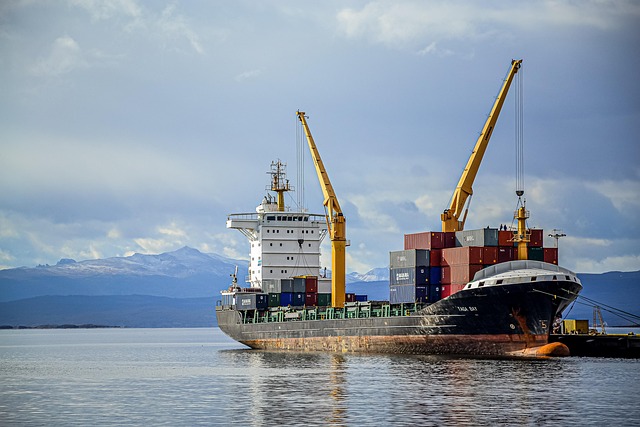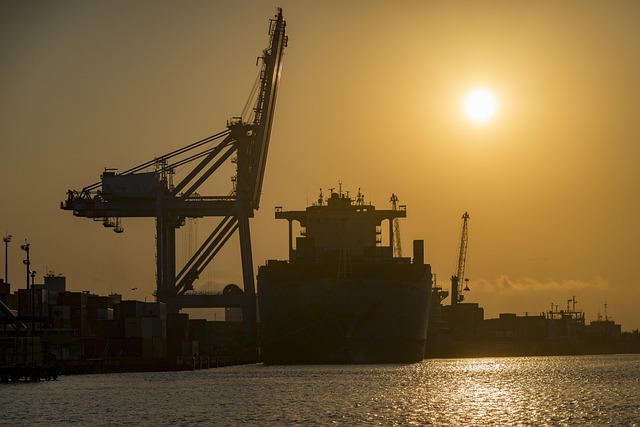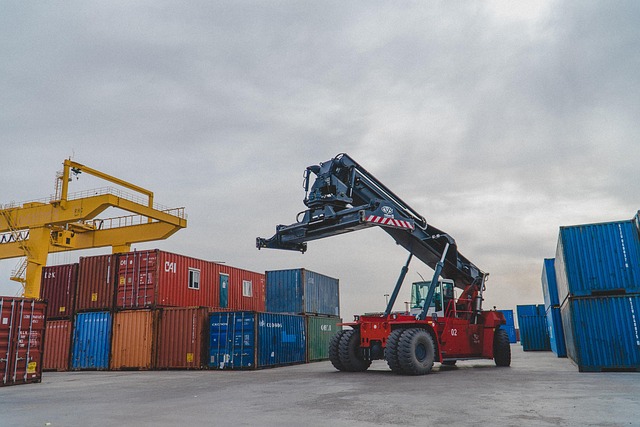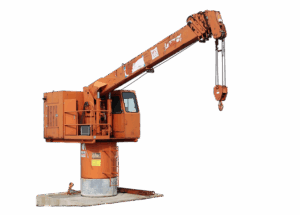Foldable shipping containers are transforming logistics and storage with their innovative design, offering efficient space optimization for urban areas and diverse applications. These containers can quickly retract to compact sizes, providing flexible options for events, emergency relief, and creative spaces. Their intermodal compatibility, cost-effectiveness, and adaptability make them a game-changer in the shipping industry, promoting sustainable practices by minimizing idle storage space.
“Revolutionize storage and space-saving solutions with foldable shipping containers—the game-changer in efficient logistics. These innovative structures offer a new era of shipping optimization, transforming the way we utilize space. When not in use, they minimize footprint by retracting sleekly, unlocking unprecedented efficiency. From design innovations creating compact living to sustainable transport minimizing environmental impact, discover how these containers are reshaping industries and redefining storage.”
- Revolutionizing Storage: The Foldable Container Concept
- Space-Saving Solutions: A New Era of Shipping
- Unlocking Efficiency: When Containers Retract
- Design Innovations: Creating Compact Living Spaces
- Sustainable Transport: Minimizing Environmental Impact
Revolutionizing Storage: The Foldable Container Concept

The concept of foldable shipping containers is transforming the way we think about storage and logistics. These innovative creations offer a revolutionary approach to addressing space constraints, especially in urban environments where real estate is premium. By design, they can be easily folded down to a fraction of their original size when not in use, making them an efficient solution for optimizing space.
This unique feature sets foldable containers apart from traditional intermodal shipping containers, sea shipping containers, and cargo shipping containers. They provide a flexible storage option, ideal for various applications such as short-term event setups, emergency relief supplies, or even creative spaces that require adaptable layouts. With their compact size, these containers can be stored neatly in shipshape rows at a shipping container depot or seamlessly integrated into the interior design of a warehouse, offering an array of space-saving storage solutions and challenging the norms of the shipping container industry trends.
Space-Saving Solutions: A New Era of Shipping

The shipping industry has traditionally relied on rigid, permanent structures for storing and transporting goods, which can be a significant challenge in terms of space utilization, especially in urban areas or limited warehouses. However, with the introduction of foldable shipping containers, a new era of efficient space-saving solutions is upon us. These innovative containers offer a revolutionary approach to logistics, catering to the ever-growing need for flexible and compact storage options.
By utilizing advanced engineering and materials, foldable shipping containers can be easily transformed from their standard, robust forms into compact, flat-packed configurations when not in use. This design allows for significant space savings, making them ideal for urban distribution centers, temporary event setups, or emergency relief efforts where quick deployment and efficient storage are crucial. With various sizes and capacities available, including ISO shipping containers, these versatile units can adapt to diverse cargo handling requirements, ensuring optimal utilization of space in both storage depots and transport fleets. The growing popularity of intermodal shipping containers further emphasizes the need for such innovative solutions, as they streamline logistics by seamlessly transitioning between different modes of transport, reducing potential downtime and optimizing overall efficiency within the supply chain.
Unlocking Efficiency: When Containers Retract

When shipping containers are not in use, they offer a unique opportunity to unlock significant efficiency gains. These containers, often referred to as intermodal shipping containers or ISO shipping containers, can retract into a compact form, reducing space requirements dramatically. This feature is a game-changer for storage and warehousing, especially in urban areas where real estate is precious. Imagine a bustling depot with sea shipping containers neatly stowed away when not carrying cargo, freeing up vast spaces for other operations or even community use.
This retraction mechanism doesn’t just save floor space; it also optimizes logistics and reduces costs associated with storage and transport. With various modifications and accessories available, shipping container storage solutions can be tailored to specific needs. For instance, adding partitions or custom interiors allows for multi-purpose usage within the same container. The shipping container industry trends heavily favor these versatile, compact units, as they offer a cost-effective and efficient way to manage cargo, catering to both short-term rental needs and long-term leasing requirements in the global logistics landscape.
Design Innovations: Creating Compact Living Spaces

The design innovations behind foldable shipping containers represent a significant shift in how we think about compact living spaces. These cutting-edge solutions, built upon the existing framework of intermodal shipping containers, offer a unique approach to maximizing space efficiency when not in use. By utilizing advanced engineering and smart design principles, cargo shipping containers can be transformed from bulky, space-consuming structures into streamlined, easily storable units.
This transformation is facilitated through various modifications, such as incorporating specialized folding mechanisms, allowing standard ISO shipping containers to fold down to a fraction of their original size. These innovations not only cater to the growing demand for flexible storage solutions but also underscore the versatility of shipping container logistics in both commercial and residential contexts. Shipping container rental and leasing services have further popularized this concept, providing businesses and individuals with accessible, cost-effective options for short-term or long-term storage needs, while also contributing to the overall sustainability of the shipping container industry.
Sustainable Transport: Minimizing Environmental Impact

In the pursuit of sustainable and eco-friendly transport solutions, foldable shipping containers have emerged as a game-changer. By minimizing space when not in use, these innovative containers significantly reduce the environmental footprint associated with traditional cargo shipping methods. This is particularly notable in intermodal shipping containers, which often sit idle for prolonged periods between transportation legs. Unlike sea shipping containers or cargo shipping containers that require substantial storage areas, foldable models can be compacted into a fraction of their original size, saving valuable real estate at ports and warehouses.
The environmental benefits extend beyond space conservation. Shipping container logistics and transport services that incorporate these folded designs contribute to more efficient utilization of resources. With ISO shipping containers leading the way in standardization, manufacturers are able to offer cost-effective rental and leasing options through shipping container depots. This accessibility encourages businesses to adopt these solutions, promoting a shift towards greener practices within the shipping container industry trends. Moreover, the versatility of these containers allows for creative storage shipping container modifications and accessories, further enhancing their sustainability credentials.
Foldable shipping containers represent a groundbreaking innovation in storage and transportation, offering significant space-saving solutions for both commercial and residential applications. By leveraging cutting-edge design and engineering, these containers minimize environmental impact while maximizing efficiency and versatility. As we continue to navigate the demands of modern logistics, embracing such transformative technologies is crucial for creating more sustainable and compact living spaces.













